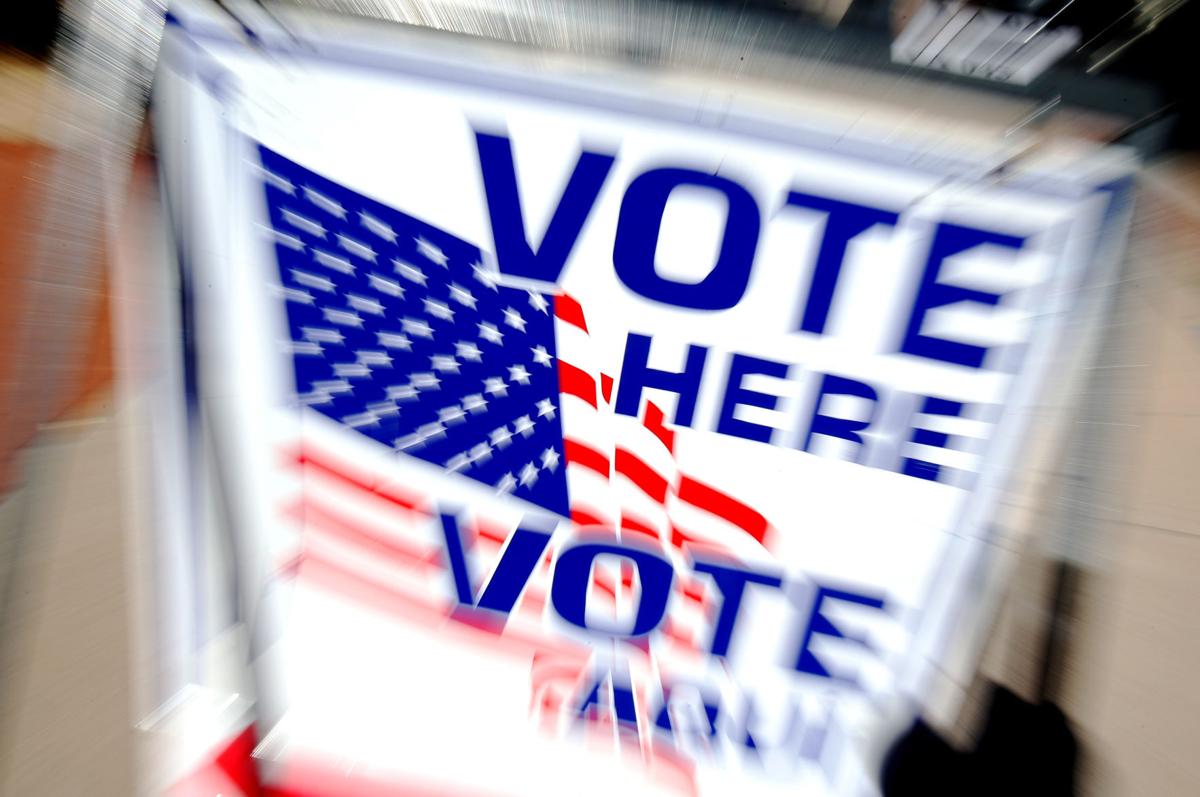PHOENIX — The city of Tucson asked the Arizona Supreme Court Tuesday to rebuff yet another effort by state lawmakers to tell charter cities when they must hold their elections.
The Arizona Constitution’s purpose in allowing cities to adopt charters was to give them control of matters of purely local concern, said Jean-Jacques Cabou, an attorney for the city.
And in this case, he said, Tucson voters have said they like having their elections in odd-numbered years so that local issues do not get swept up in, and buried under, debates about who should be president or governor or about statewide ballot issues.
“Let’s be clear: The electors of the city of Tucson have consistently and very recently have said, ‘We want odd-year elections, leave us alone,’” he told the justices, noting that Tucson voters decided as recently as November 2018 to keep their odd-year elections.
Under questioning from the court, Cabou conceded there are limits to local power.
“If the city of Tucson, or some other city for example, passed a law that said only property owners could vote in purely municipal elections, there’s no question that the state would have a constitutional imperative to step in and say, ‘No, no, no,’” he said. Such a provision would infringe on individual constitutional rights.
“But the question here is whether the state — and one legislator who doesn’t represent any part of the city of Tucson — can step up and say, ‘We want your elections to be when we say so,’” Cabou said.
He was referring to the fact the 2018 state law telling charter cities to hold their elections the same years as state elections was pushed through by J.D. Mesnard, a state senator from Chandler.
But Assistant Attorney General Beau Roysden said the members of the Republican-controlled Legislature who mandated consolidating elections have a legitimate interest in promoting voter turnout. And he said the 2018 law promotes that concern.
What the justices decide will have implications beyond Tucson. There are 19 communities in the state that have taken advantage of a provision in the Arizona Constitution allowing them to adopt charters to govern local matters which, until now, have included things like terms of office and when to hold elections.
An adverse ruling by the high court could open the door to state lawmakers imposing other restrictions on the power of councils in those charter cities to make their own decisions.
Tuesday’s hearing is the latest bid by lawmakers to exert their will on not just Tucson but charter cities.
That started in 2012 with a law requiring consolidated election dates. It was struck down by the state Court of Appeals, which said lawmakers had no statewide interest in interceding in what charter cities decide is a local matter.
The 2018 revision sought to get around the earlier ruling with a declaration calling it “a matter of statewide concern” to boost voter turnout. It says cities have to scrap their election dates if turnout at a local-only election was 25% less than in the most recent statewide election.
The Tucson turnout in 2019 was 39.3% versus 67% of Tucson voters who cast ballots in 2018. But the City Council ignored the new state law and set the next election for later this year.
The justices questioned Roysden on how any of that is a matter of “statewide concern.”
“Where’s the statewide interest of someone in Lake Havasu of when Tucson holds an election?” asked Justice Bill Montgomery.
Roysden said the statewide interest is “allowing their citizens to effectively vote.”
But Justice Andrew Gould suggested Roysden was confusing this with the state’s interest in protecting the individual right to vote.
“Our laws certainly say we can’t burden it, we can’t discourage it, we can’t limit it through either expenditures or overly restrictive regulations in terms of access,” he said. “Where do you derive this statewide interest to increase voter participation?”
Roysden was undeterred, saying the Legislature, as “the elected representative of the people,” gets to make that decision. Anyway, he said, the constitutional power of the Legislature to ensure “the security of elections” trumps the constitutional right of cities to create their own election laws.
Gould wasn’t buying it.
“Security, election integrity, disenfranchising voters is a very different thing from encouraging and increasing voter participation,” he said.
“I don’t agree,” Roysden responded. That assertion got Montgomery’s attention.
“So the state Legislature could penalize people that don’t vote?” he asked.
Roysden said that’s different.
“If you have a right to vote, you have a right to refuse to vote,” he said.
Cabou picked up on that point, telling the justices that Roysden is effectively arguing that having more people vote will lead to a better outcome.
He also disputed the state’s argument about the inherent constitutional right of the Legislature to set policy on local elections.
“The same constitution that created the Legislature created charter cities and created this court,” all of which have a role, Cabou said. In this case, he said, the framers gave charter cities certain powers to be “laboratories of democracy to let them pick and choose how they elected their leaders and structure their government.”
That all would be undermined “if the state is allowed to impose its will on the electoral plans of the charter cities,” Cabou said.
He also pointed out to the justices that the candidates for municipal offices are listed at the bottom of the ballot. Cabou said while more people may turn out for statewide races, there’s no evidence that the percentage who manage to make their way to the bottom of the ballot is any higher than in a local-only election.
The justices did not say when they will rule.





